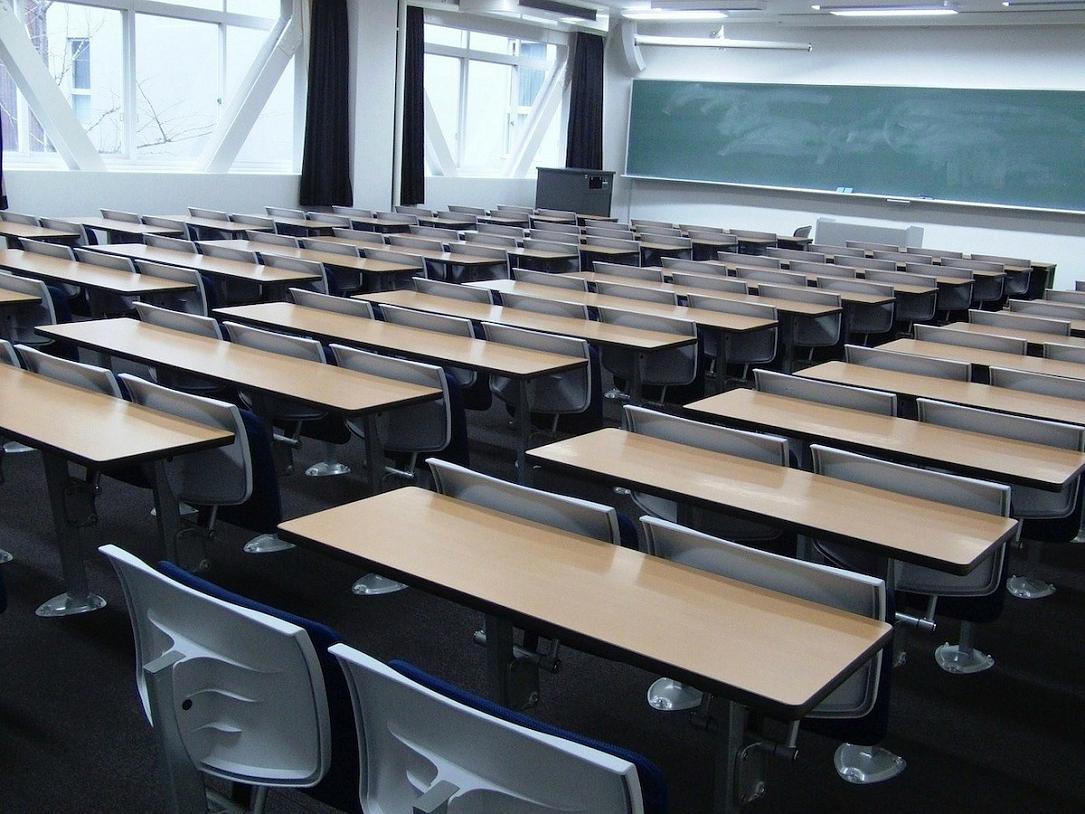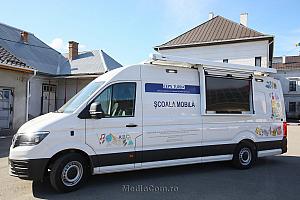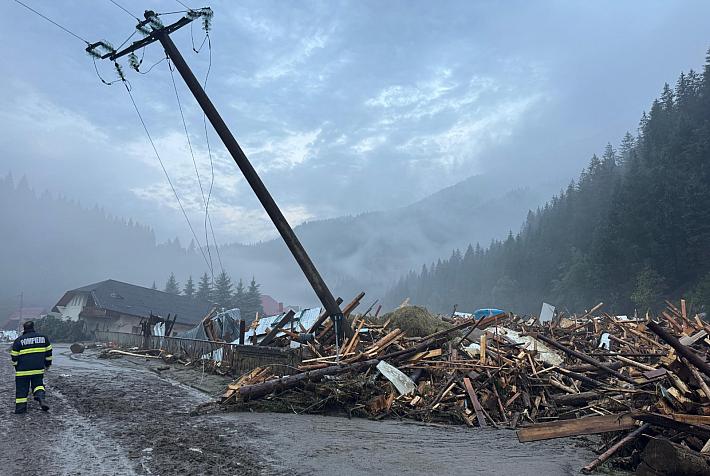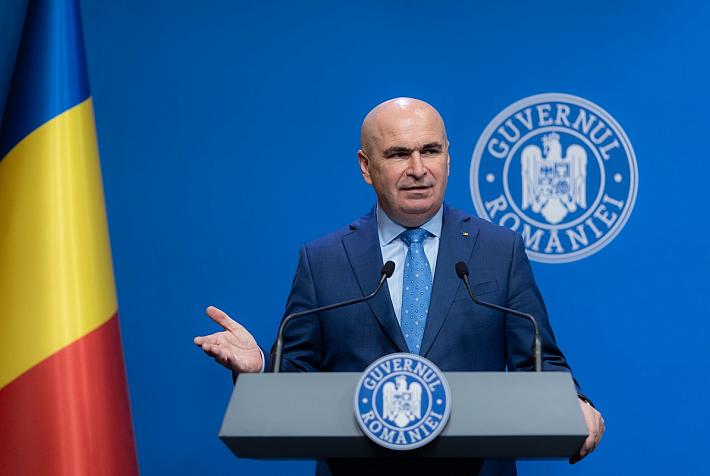EC report points to Romanian teachers’ limited initial practical training

The initial education of local teachers offers “very little preparation and practical training, particularly in modern teaching techniques or inclusive pedagogy,” according to the recent Education and Training Monitor 2019 of the European Commission.
The report notes that the certification exam and the tenure exam are used as the main method to screen candidates entering the profession but this has proved to be less effective than having high entry standards and comprehensive initial teacher education. At the same time, the certification exam tends to assess theoretical knowledge without being an authentic measure of on-the-job competence.
Furthermore, teachers are encouraged by merit-based allowances to focus narrowly on preparing pupils for tests and academic competitions, rather than encouraging them to improve the outcomes of low achieving students or those from disadvantaged backgrounds.
In Romania, less than 30% of less than 30% of school teachers are older than 50, compared to an EU average of 37%. This means that raising teaching quality involves working primarily with existing teachers, the report notes. Furthermore, as the number of teachers is expected to decline in line with the student population, “any reform of recruitment or initial teacher education will only affect a minority of the profession in the next few decades.”
When it comes to professional development, a high percentage of Romanian teachers report taking part in such training but the the content and delivery of the courses is not perceived as sufficiently adapted to their needs. At the same time, 70% of teachers report that participation in continuing professional development is restricted by high costs, compared to an EU-23 average of 44%. Romanian teachers pointed to a high development need in ICT skills for teaching (21.2%), approaches to individualized learning (21.5%), teaching students with special educational needs (35.1%) and cross-curricular skills (22.8%).
Although the teaching profession enjoys a positive perception - 40.9% of Romanian teachers believe that their profession is valued by society, above the EU-23 average of 17.7% - it is till affected by low entry requirements for teacher education programs and traditionally low salaries. The report notes that since 2017 the teachers’ salaries have been increasing following a new salary grid for public sector employees, reducing from 40 to 25 years the time needed to reach maximum pay and introduced higher bonuses for certain staff.
A challenge that persists in the local education system is the shortage of staff with proper qualifications in rural areas and the availability of support specialists. Shortages are reported for qualified primary school teachers and for lower secondary school teachers in ICT, sciences, foreign languages and the arts.
Even though the number of candidates competing for teaching positions would be sufficient to fill vacancies, less than 50% of them obtain the required mark, the report notes.
In addition, the relatively high number of positions filled by staff without proper qualifications remains a challenge, particularly in schools in rural and remote areas. The number of support specialists, such as special education teachers, school councilors, Roma mediators, is often insufficient. For instance, a school councilor is expected to work with 800 students, but in practice the student/councilor ratio is 2.5 times higher.
editor@romania-insider.com












